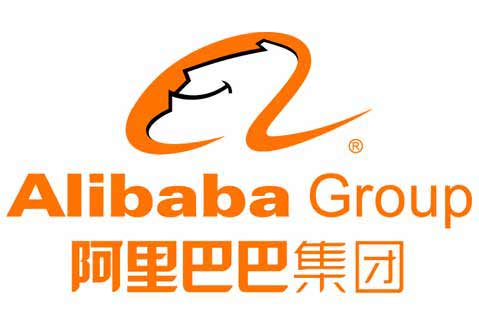News January 24, 2017
Alibaba Smashes Q3 Revenue Expectations
Alibaba Group Holding Ltd. reported that its third quarter revenue increased 54% to $7.76 billion – a figure that surpassed the expectations of analysts. The stout performance was driven, in part, by Singles Day – Alibaba’s annual shopping-palooza, held November 11, in which the company processed as many as 175,000 orders per second. Given the outstanding third quarter, the China-based e-commerce colossus, which sells thousands of promotional products online, has raised its 2017 full-year guidance for revenue growth from 48% to 53%.

While e-commerce continues to generate the vast majority of Alibaba’s revenue, the company is intent on exploring new revenue streams, something evidenced by its recent projects related to data, cloud computing, artificial intelligence and logistics. In a statement, Alibaba Chief Executive Daniel Zhang said the company will invest in “big data and innovation to provide a seamless online and offline experience for nearly half a billion mobile monthly active users.”
While big data and the like may be the future, e-commerce sales are still very much the present for Alibaba. In the three months up to December 31, Alibaba generated 87% of its revenue through e-commerce sales. While that was down from 92% of the total in last year’s third quarter, the actual revenue tally from the core e-commerce business was 45% greater than the same period the prior year. Meanwhile, in Alibaba’s digital media and entertainment division, sales shot up 273%. Revenue related to cloud computing skyrocketed 115%.
The sales gains translated into impressive Q3 profits, which totaled $2.57 billion, or $1 per share. Excluding certain items, adjusted earnings were $1.30 per share. That return bested Wall Street estimates of $1.13 per share.
As Alibaba’s sales grow, the company is also expanding its global footprint, opening data centers in a number of countries. Recently, Founder Jack Ma made headlines in the United States when he met with then President-elect Donald Trump to talk about creating one million U.S. jobs by enabling American small businesses to sell goods on Alibaba’s e-commerce platform. Even so, weeks prior to that meeting, U.S. regulators returned Alibaba’s Taobao website to a blacklist for web destinations that sell counterfeit goods. Stateside regulators are also reportedly investigating Alibaba’s accounting practices.
